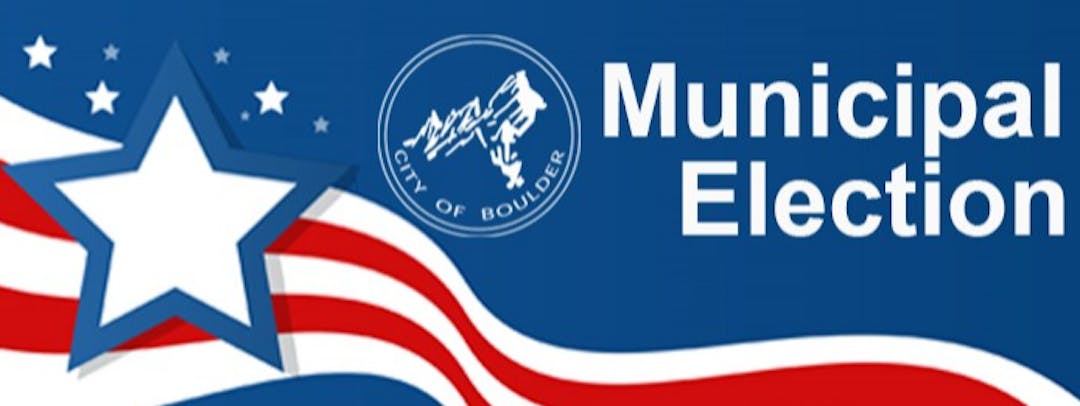2D: Utility Occupation Tax Extension and Repurpose

Boulder voters will consider five ballot measures on the Nov. 3, 2020, election, including this one. Use the form on this page to ask the city factual questions about this ballot measure. We will answer questions submitted through Oct. 16.
Overview
Voters will decide whether to extend the existing tax on electricity bills to fund projects, pilots and programs that arise from the potential partnership with Xcel Energy. The tax, called the Utility Occupation Tax, is charged on electricity bills, raises about $2 million dollars per year and currently funds the city’s efforts to create a local electric utility (municipalization).
If both the franchise agreement and Utility Occupation Tax extension pass, the city would repurpose municipalization funding to support the Xcel projects, programs and pilots under the new Xcel partnership. Learn more on the city’s website.
Ask questions about the Utility Occupation Tax extension or the larger settlement package on this page.
Ballot Language
Utility Occupation Tax
Without raising the tax rate shall the existing Utility Occupation Tax, which in 2021 and 2022 will be in the amount of $2,076,181, be extended from a current expiration date of December 31, 2022 to December 31, 2025 and be repurposed to pay all costs associated with the formation of a municipal electric utility and to be used to fund projects, pilots, initiatives and research that support the city's clean energy goals in the context of the city's racial equity goals and the community's commitment to the Paris Climate Agreement such as:
- Providing energy-related assistance to disadvantaged members of the community, including support for utility bill payments and access to renewable energy;
- Improving system reliability and modernizing, and supporting clean energy-related businesses, including, without limitation, new approaches in electrification of buildings and transportation, enhancement of resilience;
- Implementing a partnership agreement with Public Service Company of Colorado; and
- Increasing access to energy efficiency and renewable energy solutions
Only if a majority of registered electors approve a Franchise Agreement with Public Service Company of Colorado at the November 3, 2020 Election,
And shall the increased and extended portion of the tax be subject to the same terms and conditions as the original tax and all earnings thereon (regardless of amount) constitute a voter approved revenue change, and an exception to the revenue and spending limits of Article X, Section 20 of the Colorado Constitution?
FOR THE MEASURE ____ AGAINST THE MEASURE ____
Under the Fair Campaign Practices Act, the city is limited to the information we can provide during election season. We will not provide opinion or analysis, but we can provide factual information in response to specific questions to help inform your decisions. We will answer questions submitted through Oct. 16.

